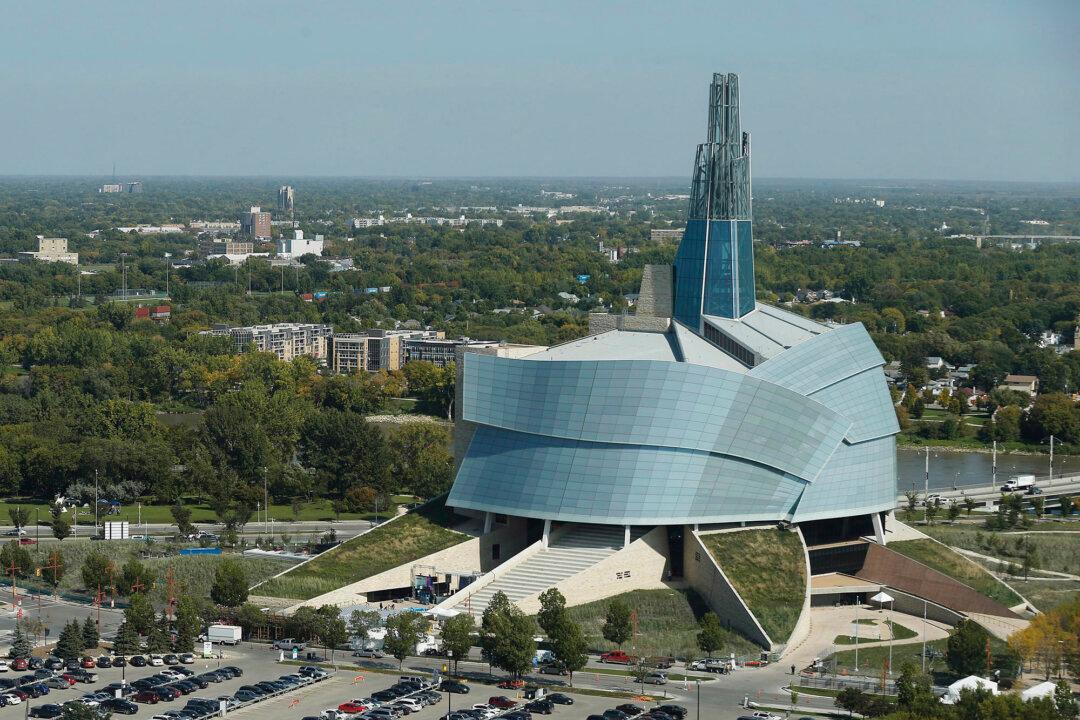A new report ranking the safest versus most dangerous cities in Canada gave the lowest overall safety scores to Winnipeg, Manitoba, followed by Kelowna, B.C.; Thunder Bay, Ontario; and Halifax Nova Scotia. The highest overall safety scores went to four Ontario cities: Barrie, Brantford, Guelph, and Toronto.
Rentola, a rental listing company, ranked 34 Canadian cities using data from Statistics Canada.





